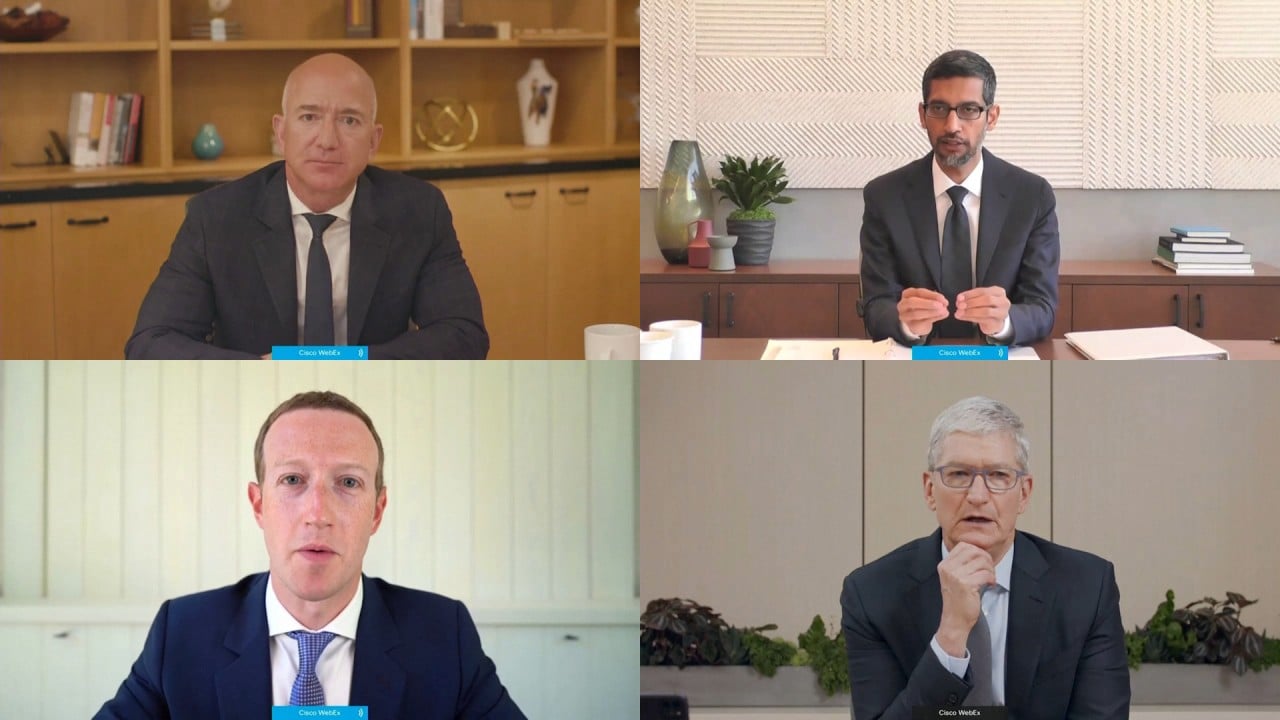
Explainer | How did China’s digital music industry become the second largest in the world?
- Hindered for years by online piracy, China has morphed into the world’s seventh-largest music market, behind South Korea
- A decade ago, 99 per cent of China’s digital music was pirated, but now most Chinese consumers listen to licensed music – meaning they stream legally
How big is China’s music industry?
China’s music industry has grown rapidly to become one of the world’s largest over the past decade. Since breaking into the top 10 of the International Federation of the Phonographic Industry’s (IFPI’s) global rankings of music markets in 2017, it has risen to seventh place, just behind South Korea.
But in terms of revenue from digital music, China was second only to the United States with US$2 billion in sales last year, and that number is expected to exceed US$3 billion by 2024.
Globally, streaming revenue has risen a massive 3,250 per cent from US$400 million to US$13.4 billion in 10 years. This is also the trend in China, where streaming contributes to around 20 per cent of the industry’s revenue, while live performances still bring in around 70 per cent, according to analytics platform Soundcharts.
China ‘suspends Tencent from updating existing apps’
How did a clampdown on piracy create the digital music market?
In 2010, Chinese authorities launched an operation called Sword Net Action to clamp down on counterfeit goods and IP infringements. The campaign extended to illegal music distribution in 2015, when more than 2.2 million unlicensed songs were removed from the internet.
Immediately following the imposition of IP laws, operators of streaming platforms had to act quickly to acquire exclusive music rights to keep existing users and attract new consumers. It didn’t take long for the Chinese to adapt to changes in the market, which grew by 113.2 per cent in 2015, year on year.
Substantial changes followed Beijing’s actions. A decade ago, 99 per cent of China’s digital music was pirated, but now most Chinese consumers listen to licensed music – meaning they stream legally.
Why do so many people stream music?
The number of people in China who listen to music online has increased by 80 per cent over the last decade to more than 650 million. One of the driving factors is that Chinese music streaming platforms are free.
Unlike Spotify and Apple Music, which rely heavily on user subscriptions for profits, Chinese platforms make money through live-streams, advertisements, selling concert tickets and “VIP” memberships that offer exclusive songs and better sound quality – but even the VIPs pay only a few dollars a month.
Chinese rockers: imprisoned, silenced, socially exiled
Furthermore, as access to the internet has expanded, most people are able to consume music digitally, and physical products such as CDs are decreasing in popularity. While only 10.5 per cent of the population used the internet when streaming services first emerged in China in 2006, that percentage has since risen to 70.6, according to the World Bank.
Who are the giants of the digital music market?
Each platform offers unique content from different artists, so it’s not uncommon for users to switch between apps.
TME rival NetEase Cloud Music had about 150 million MAUs in the same period, according to estimates by QuestMobile and Deutsche Bank. Its operator, Cloud Village, will list on the main board of the Hong Kong stock exchange (HKEX) next month, after experiencing a delay amid a regulatory crackdown on Chinese internet companies.
The target audience of NetEase Cloud is different from the other platforms. Its users consist mostly of well-educated urbanites who prefer to discuss music online. A report published by the Small Antlers Think Tank, a third-party researcher in China’s music industry, found that 61 per cent of NetEase Cloud Music’s users read comments, and around 25 per cent of users write comments.
Tencent brings Chinese artists to Apple Music in global partnership
What international music labels are tapping the market?
Warner Music was one of the first to tap into China’s music market in the digital age. In 2014, they acquired one of the country’s largest independent music companies, the Gold Typhoon Group. Its catalogue spans more than 600,000 Chinese and international songs, including recordings from chart-topping artists such as A-Mei, Tia Ray and Khalil Fong.
Other international music labels, including Sony Music Entertainment and Universal Music, have signed master distribution and licensing agreements with TME. This means that music from artists on these labels will be guaranteed on the tech giant’s streaming platforms.
Recently, Sony Music has also purchased more than US$100 million worth of shares from Cloud Village to back its upcoming listing on the HKEX, according to documents obtained by Music Business Worldwide.


